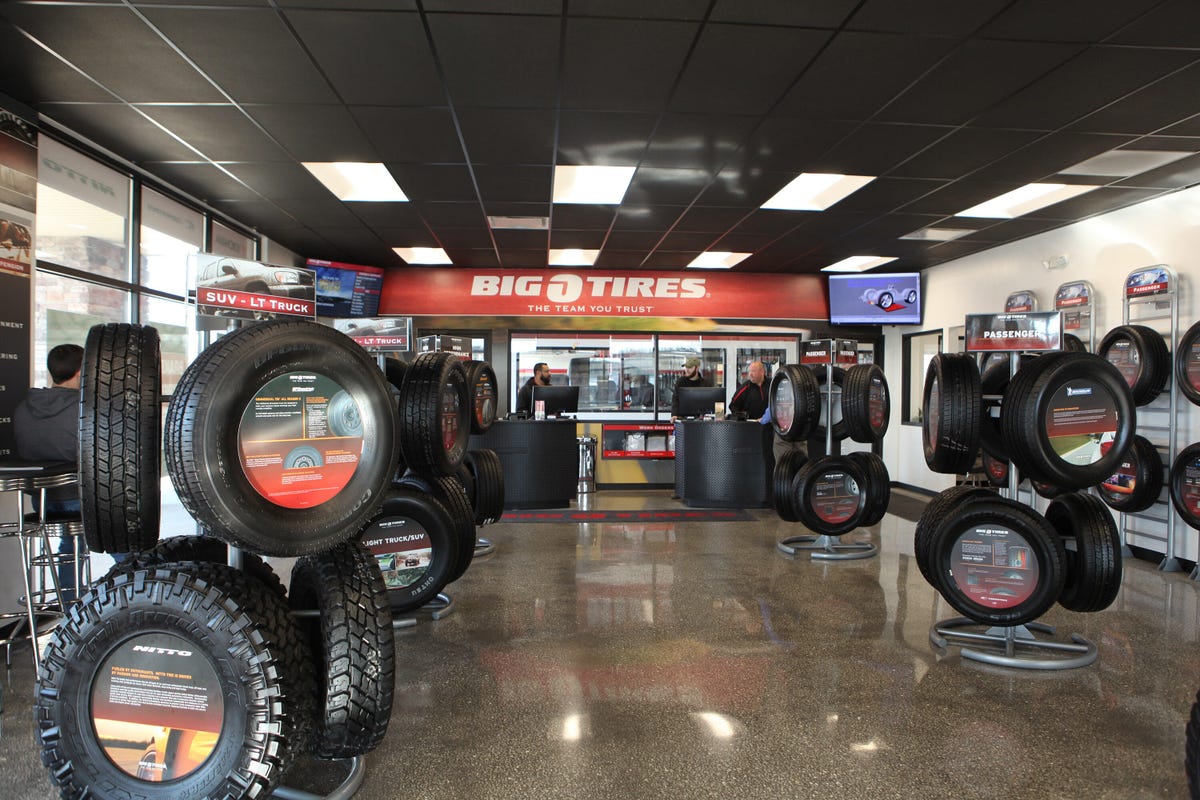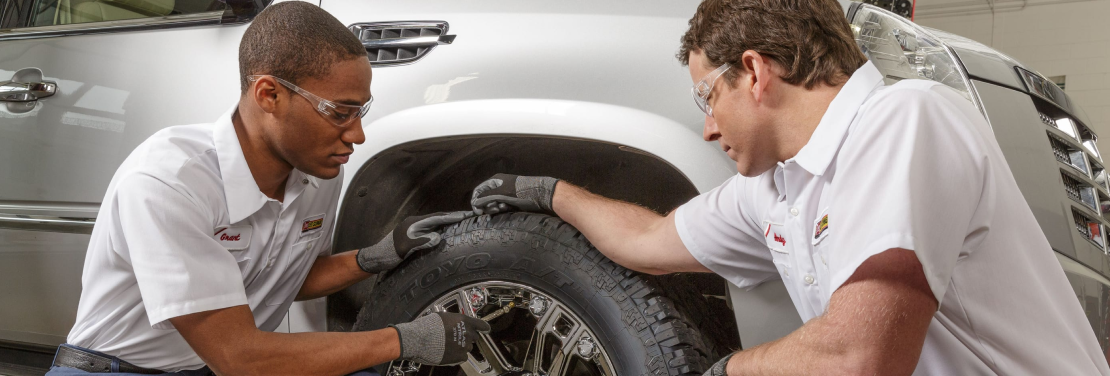Discover Exclusive Mopar Tire Service Specials in Morris Today
Discover Exclusive Mopar Tire Service Specials in Morris Today
Blog Article
Tire Solution: Recognizing Tire Stress Tracking Solutions
Recognizing Tire Pressure Surveillance Systems (TPMS) is an essential aspect of maintaining optimum vehicle performance and safety and security on the road. With advancements in vehicle innovation, TPMS has come to be a standard attribute in modern-day automobiles, supplying real-time info on tire pressure degrees.

Relevance of TPMS
The significance of Tire Stress Monitoring Systems (TPMS) hinges on their ability to enhance car security and performance via real-time tracking of tire stress degrees. Maintaining the correct tire stress is vital for making sure optimum handling, stopping, and general safety of a vehicle. TPMS offers chauffeurs with prompt feedback on any overinflated or underinflated tires, permitting prompt adjustments to be made.
Components of TPMS
Sensors are generally located in the tire shutoff stem or affixed to the wheel setting up, where they determine tire pressure and transfer information to the control component. Some progressed TPMS models also present the real tire stress analyses for each tire, providing vehicle drivers with real-time info to guarantee optimal tire performance and safety. By keeping an eye on tire pressure constantly, TPMS helps avoid crashes, minimizes tire wear, and improves fuel performance, making it a critical component for automobile safety and security and efficiency. mopar tire service specials.
Kinds of TPMS

On the various other hand, indirect TPMS depends on the vehicle's wheel rate sensors to monitor tire stress. This system detects underinflation by contrasting the rotational speeds of the wheels. Indirect TPMS is much less expensive than direct TPMS, as it makes use of existing sensing units within the car.
While direct TPMS offers much more exact analyses, indirect TPMS is less complex in layout and typically needs less upkeep. Both systems have their benefits and constraints, and the option in between them often depends on aspects such as expense, car make, and individual preference. Recognizing the distinctions in between these 2 kinds of TPMS can assist car owners make notified decisions concerning tire maintenance and safety and security.
TPMS Upkeep Tips
Effective upkeep of TPMS is essential for guaranteeing optimum performance and safety and security of your lorry. On a look at this website regular basis examining the TPMS sensing units for any type of damage or corrosion is important. Guarantee that the sensing units are free and tidy from particles that could conflict with their functioning. Additionally, it is a good idea to check the sensor batteries regularly and change them as needed to ensure accurate analyses. Conduct routine look at the tire pressure degrees and contrast them with the TPMS analyses to ensure they correspond. Rectify the system adhering to the producer's standards if there are any type of inconsistencies. During tire rotation or replacement, make sure that the TPMS parts are dealt with thoroughly to protect against any kind of prospective damage. If the TPMS advising light brightens on the dashboard, deal with the problem without delay by checking the tire stress and the overall system for any kind of faults. By sticking to these upkeep ideas, you can prolong the lifespan of your TPMS and boost the safety of your driving experience.
Benefits of Appropriate Tire Stress
Preserving proper tire pressure, as highlighted in TPMS Maintenance Tips, is critical for gaining the various advantages linked with optimum tire stress degrees. In addition, proper tire stress ensures also tire wear, prolonging the life-span of the tires and promoting more secure driving problems. In verdict, the advantages of appropriate tire stress go beyond simply tire durability; they include boosted gas efficiency, enhanced security, better car efficiency, and total driving convenience.
Conclusion
Finally, understanding tire pressure surveillance systems (TPMS) is important for keeping ideal tire pressure and making certain automobile safety and security. By recognizing the relevance of TPMS, being acquainted with its elements, recognizing the various types offered, sticking to appropriate maintenance tips, and recognizing the benefits of maintaining correct tire pressure, motorists can boost their driving experience and extend the life-span of their tires. try here Appropriate tire pressure is crucial to reliable and safe vehicle procedure.

Report this page